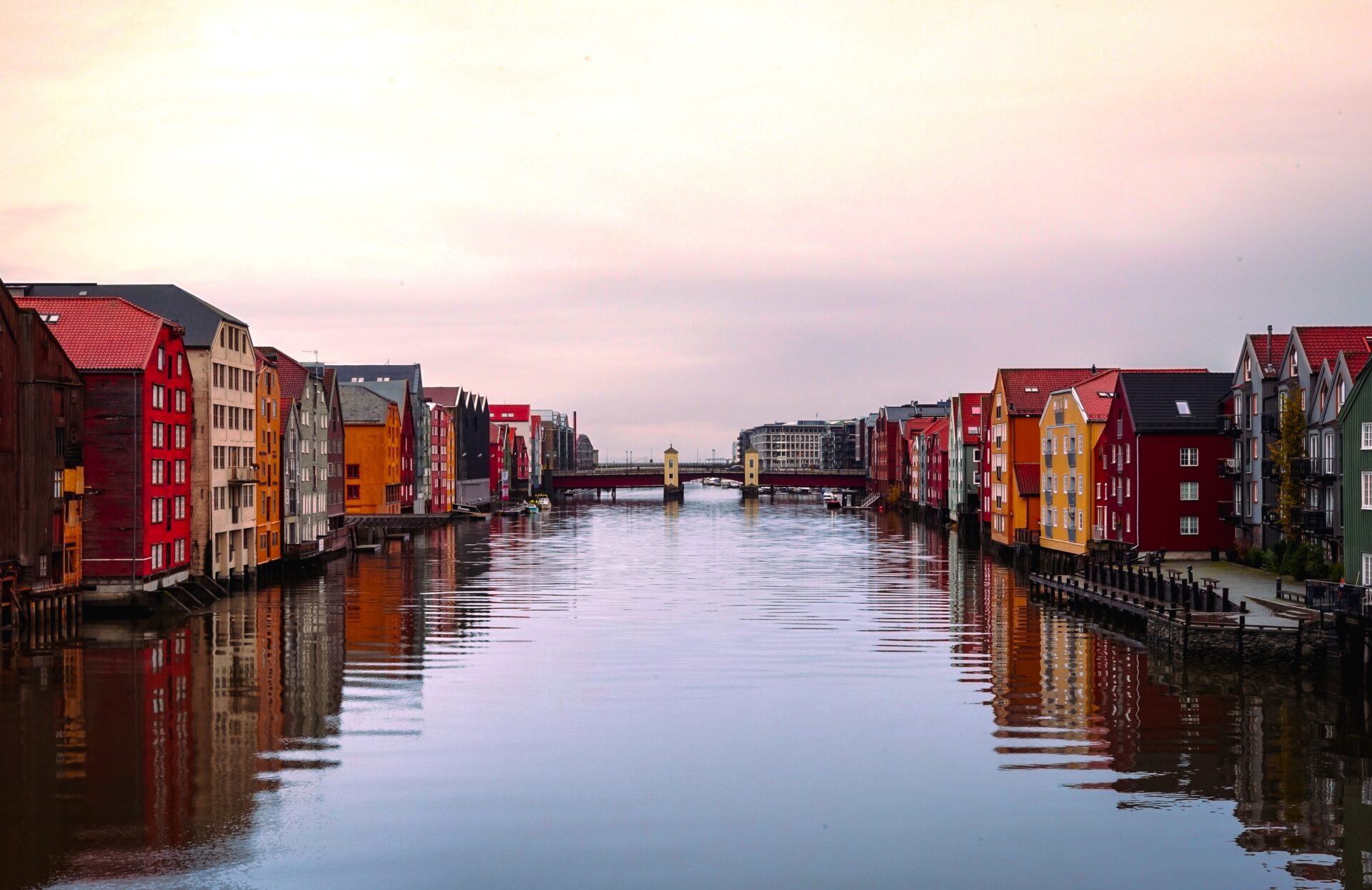

This is likely a result of a strong environmental reputation and investment in this area on a macro-level, resulting in less consumer-led action.
Considering the current state of the economy, it is unsurprising that price remains the top purchase influencer across the board in Europe. Compared to results from Q4 2022, certain factors have become less important to consumers, namely sustainability and brand ethics.
Despite holding less weight than in Q4 2022, having ethical credentials is still considered by the majority of consumers as important for a brand. However, when taking a closer look at sustainability attitudes, we see that the Netherlands and the Nordics markets place less weight on a brands’ sustainability credentials
This attitude is consistent with other research among Dutch consumers, who appear to prioritise sustainability less in their purchase decisions. Perhaps this is surprising, given the Netherlands’ strong environmental reputation, but they do not perform as well in practice – ranking 16th in the European Sustainability Index Report 2022 (below all Nordic markets, Germany and France). The de-prioritisation of sustainability by Dutch consumers is an emerging trend across various recent research studies.
Meanwhile, for the Nordics, this is likely a result of a strong environmental reputation and investment in this area on a macro level, resulting in less consumer-led action.
The Nordics are often attributed as pioneers in the realm of sustainability, and these connotations are grounded in their countries’ impressive rankings in the Europe Sustainable Development Report 2021 (Sweden 2nd, Denmark 3rd, Norway 5th).
However, Nordic consumers are most likely to agree with “In my day-to-day habits I don’t really think about how much water I am using” (37%), while more than three-quarters of all other surveyed markets say they “take steps to reduce how much water I use in the house”.
Similarly, Nordic consumers are significantly more likely than all other markets to agree “most of my laundry is washed at 40 degrees or higher” (72%). In stark contrast, French, Italian & Spanish consumers are more likely to agree that “most of my laundry is washed at 30 degrees / in cold water” (60%, 60% & 80% respectively).
These figures may merit the conclusion that the Nordics are simply less concerned about sustainability than other European markets. Perhaps their pioneering status and already-significant environmental progress have instilled a common belief that there is less urgency to prioritise sustainability in day-to-day activities. It is also worth noting that these consumers may put less thought into sustainability as it is more standardised in the products and services available to them.
While this explanation is not entirely inconceivable, it is unlikely that this is the sole explanation for the aforementioned attitudes. Rather, it is more likely that the Nordics place a higher importance on making large-scale, high-impact, social change and, as a result, hold those small-scale, individual changes to a much lower degree of importance.
It’s worthwhile to mention as well that the Nordics are rich in natural resources, making them heavily reliant on the bioeconomy through exportation. As they continue to further this, they place sustainability at the heart of everything:
- Labelling: The Nordic Swan Ecolabel is the official independent and third-party certified ecolabel of the Nordic countries, enforcing tough requirements in all phases of a product’s lifecycle.
- Renewables: in 2020, almost half of the energy consumed in the Nordic region was from renewables and biofuels
- Incentivising: The Nordic Council Environment Prize – a 47,000€ award – was created in 1995 to celebrate companies, organisations or individuals for exemplary efforts in integrating respect for the environment into their business or work or for some other form of extraordinary initiative on behalf of the environment
- Transportation: in 2022, Norway set a record – 79.3% of cars sold were electric
To read more about how other European countries are handling sustainability initiatives, have a look at our detailed Consumer Compass Europe report.








